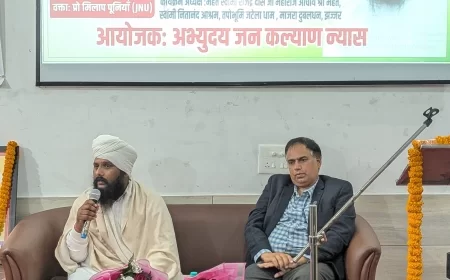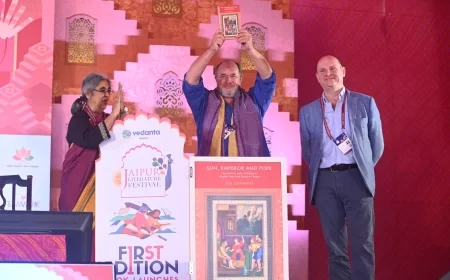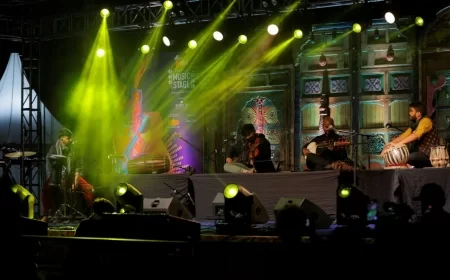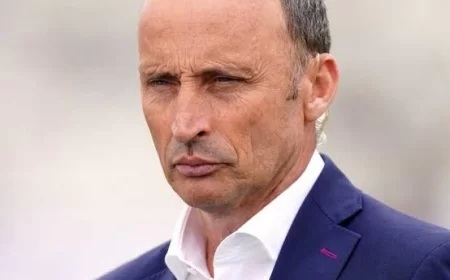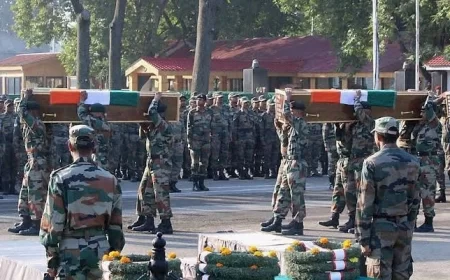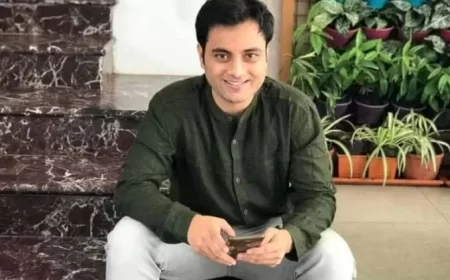Swami Vivekananda: The Chicago speech
Swami Vivekananda, a youngster from India who won over hearts of millions, all over the world, a man with the simplest clothes, brightest face, and honest words left a deep and mesmerizing impact in the first Parliament of World’s Religions held at Chicago, at front of those who at first did not even consider him capable enough to deliver a speech.
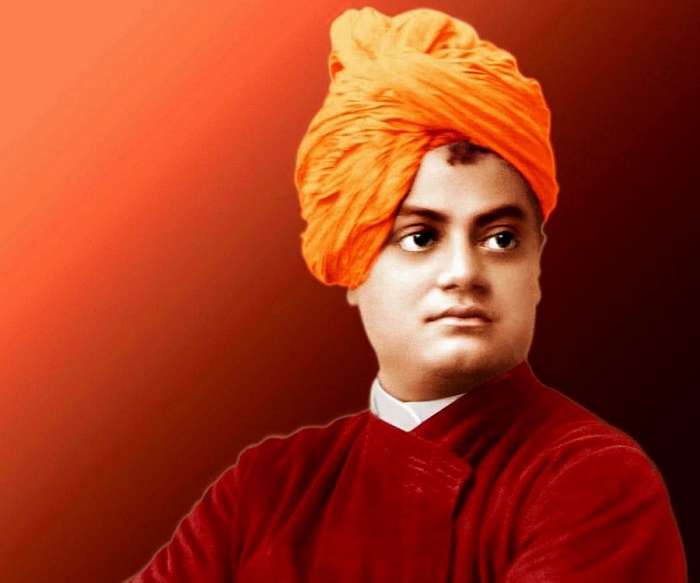
Swami Vivekananda, a youngster from India who won over hearts of millions, all over the world, a man with the simplest clothes, brightest face, and honest words left a deep and mesmerizing impact in the first Parliament of World’s Religions held at Chicago, at front of those who at first did not even consider him capable enough to deliver a speech.
On September 11, 1893, Chicago, USA
“Sisters and Brothers of America”, marked as the first few words that were used to introduce Hinduism at the Parliament of World’s religions, there were over 8000 people that included delegates and audiences from all different religions and faiths that were gathered to discuss and share their belief over an undisputed topic of a supreme soul, their trustworthy or god.
Today after approximately 127 years of the famous speech we remember, Swami Vivekananda as not only an Indian monk but also as a global leader, a spreader of Hinduism, and a diplomat who stood so firm on his belief that no one dared to oppose.
He introduced Hinduism, Vedanta, and Yoga sharing the supremacy of the religion which boasts to be the world’s oldest and most defined form of devotion with a healthy practice of life. Hinduism has over a million followers worldwide from all classes and sects he introduced it by saying “I thank you in the name of the most ancient order of monks in the world, I thank you in the name of the mother of religions, and I thank you in the name of millions and millions of Hindu people of all classes and sects”.
Hinduism teaches tolerance and universal acceptance to the world, to support his argument he gave the example of the refugees of Israel who were given a new home in India. He mentioned the text of a ‘Gita- A religious book of Hindus that is in form of a questionnaire and conversation that emphasizes Karma’, He quoted that “Whosoever comes to Me, through whatsoever form, I reach him; all men are struggling through paths which in the end lead to me”, Gita is a book or conversation of supreme Lord Krishna and his friend Arjun, in it Krishna says to his disciples that you, to attain me, must attain, fulfil and accomplish the duty assigned to you, even this is a form of devotion towards god.
He at the end also reflected his concerns over the issues of violence and war that wasted life of at least hundreds of thousands of people of all age groups, may it be in the name of religion, may it be political, or may it be for power, he seriously condemned all forms of violence, he said that if similar money and mind were used for development then for war, the world would have already reached new heights, his words were “Had it not been for these horrible demons, human society would be far more advanced than it is now. But their time has come; and I fervently hope that the bell that tolled this morning in honour of this convention may be the death-knell of all fanaticism, of all persecutions with the sword or with the pen, and of all uncharitable feelings between persons wending their way to the same goal”.
He all over his life propagated the idea that God exists wither self and that "the divine, the absolute, exists within all human beings regardless of social status" and one must see god in other humans as well and thus god exists in all.
Before the famous Chicago speech Professor Jhon Henry Wright of Harvard University organized his session at Harvard, Wright reasoned Vivekananda by saying that “To ask for your credentials is like asking the sun to state its right to shine in the heavens”
Vivekananda during his tour to the Western countries of Europe and the United States influenced many notable personalities who became his devotees, friends, or even his ascetics. Some of his well-known followers were Max Muller, J. J. Goodwin, John Henry Barrows, Mark Twain, Sturdy, Romain Rolland, Sara Chapman Bull, Mary Hale, Josephine MacLeod, Christine Greenstidel (who later came to be known as Sister Christine), Margaret Noble(Sister Nivedita in later years), William James, Josiah Royce, Robert G. Ingersoll, Nikola Tesla, Lord Kelvin, Harriet Monroe, Ella Wheeler Wilcox, Sarah Bernhardt, Emma Calvé and Hermann Ludwig Ferdinand von Helmholtz, He even initiated some followers name Marie Louise (a French woman) who became Swami Abhayananda, and Leon Lands berg who became Swami Kripananda. John D. Rockefeller an American industrialist made a huge donation for public welfare and later became a notable philanthropist. Vivekananda even influenced French Opera singer Emma Calvé which she wrote in her autobiography.
Swami Vivekananda was born on 12th January 1863 in a Bengali Kayastha family of Calcutta, he was named Narendranath Dutta by his father, and Narendranath from a very young age was spiritually inclined, he meditated before the images of Hindu deities Shiva, Sita, Ram, and Hanuman, from a very young age he was fascinated by the monks and wandering ascetics.
Narendranath was highly influenced by his guru Shri Ramakrishna who later named him Swami Vivekananda due to his intellect and an unchanging desire to witness lord, after his Guru’s death, Vivekananda travelled in the entire Indian subcontinent and almost across the world spreading the message of Hinduism and Indian tradition.
In India, Swami Vivekananda is regarded as a literate patriotic saint for his extraordinary achievements and today his birthday is celebrated as National Youth Day as he is truly an inspiration for youth in society.
From the earliest, he was a very naughty child and it was usually very tough for his parents to control him, according to his mother he was so notorious that she compared him to a demon, but this childish attitude and behaviour in later life helped him achieve the best of his potential and according to him only his quest and restlessness in search for truth or lord had helped him serve the purpose of his life.
Vivekananda passed away while meditating in the room of a monastery at Belur Math on 4th July 1902. According to his disciples, the great soul departed after attaining ‘Mahasamadhi’ as a blood vessel ruptured during the process, Vivekananda thus fulfilled his prophecy by not living for 40 years, He was cremated on the bank of Ganga on a specially prepared sandalwood funeral pyre, according to complete Hindu traditions, the place decided for his last rights was just opposite to where his guru Shri Ramakrishna was cremated sixteen years earlier.
In today’s world, if we look at the achievements and journey of Vivekananda in just less than 40 years of his life, they are unmatchable yet to truly give him a tribute we as youth shall work more to build nature and character like him.
What's Your Reaction?
 Like
0
Like
0
 Dislike
0
Dislike
0
 Love
0
Love
0
 Funny
0
Funny
0
 Angry
0
Angry
0
 Sad
0
Sad
0
 Wow
0
Wow
0
